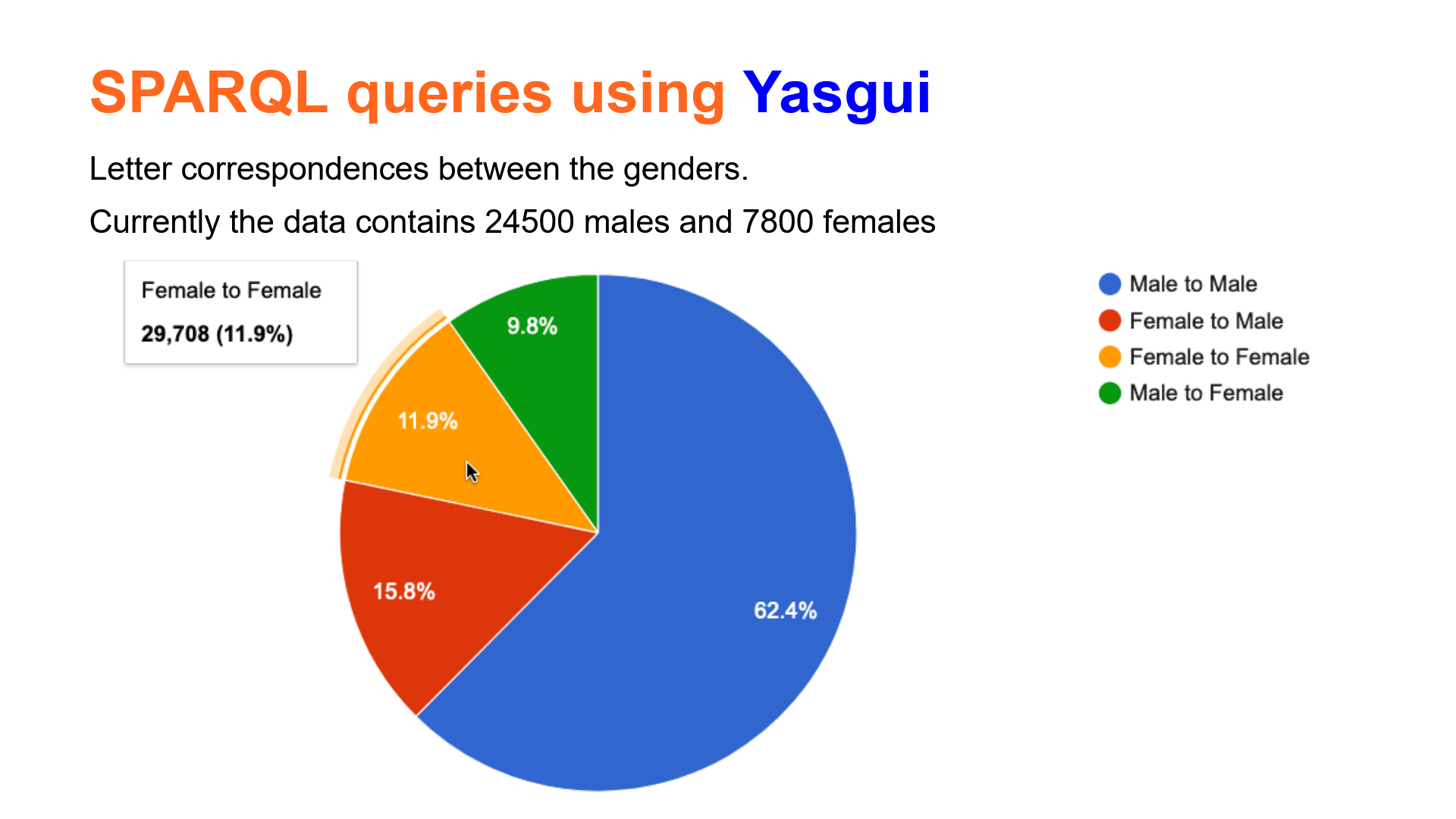Where Did 2022 Go Again?
The first month of the year is a good time to look both forward and back. It feels like we were pretty busy in 2022 – and that is what we truly were!
In 2022, we collected comprehensive information about the extent and formats of 19th-century letter collections of Finnish cultural heritage organisations through a Webropol survey, and received several large metadata sets. The CoCo’s data set currently contains metadata of approximately 600,000 letters. Among the data providers are the National Archives, the National Library, the Finnish National Gallery, the Åbo Akademi University Library, the Swedish Literature Society in Finland, the Finnish Literature Society, the Päivälehti archive, the Postal Museum and the Migration Institute, among others.
We have received metadata in varied structured formats but also letter catalogues in simple word format. The creative solutions of the archivists cataloguing the letters have challenged the computational team at the Aalto University, but a combination of manual cleaning of the data and subsequent parsing is proving successful, we are happy to say. Also, we work with epistolary data that is not curated to the last detail. This means that we have to find satisfactory solutions for presenting, for example, “fuzzy” datings of the letters (“20 letters, 1865-1880”). If you have good ideas regarding such problems, please let us know!
Besides the intense “data work”, we have presented the project and some preliminary analyses and experiments at several scientific conferences and events (see the list of talks on our website). The visualization below demonstrates the gendered nature of the letter collections stored in the main Finnish cultural heritage institutions; however, we do expect to see a more balanced gender division, as we aggregate more data into our current dataset.

Moreover, we experimented with epistolary materials at the Helsinki Digital Humanities Hackathon (University of Helsinki, 11.-20.5.2022) and applied for example network analysis tools to interrogate epistolary metadata from the Netherlands, Germany and Finland. You can find the poster published in the hackathon here.
In addition, we travelled to Amsterdam (Huygens ING) and Berlin (Berlin-Brandenburg Academy of Sciences and Humanities, BBAW) as guests of local epistolary metadata research projects to exchange experiences and share knowledge. These research visits were extremely useful for example in regard to our current de-duplication work.
In 2023 the project will continue to aggregate, enrich and explore epistolary metadata at the Aalto University, the University of Helsinki and the Finnish Literature Society. We are looking forward to an equally busy year!